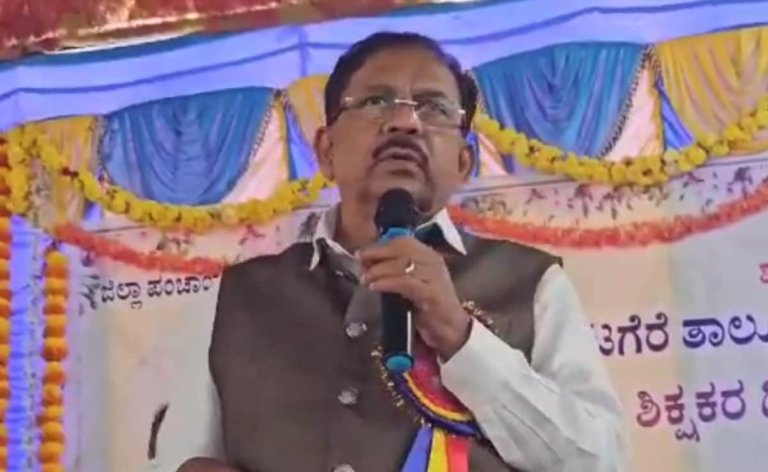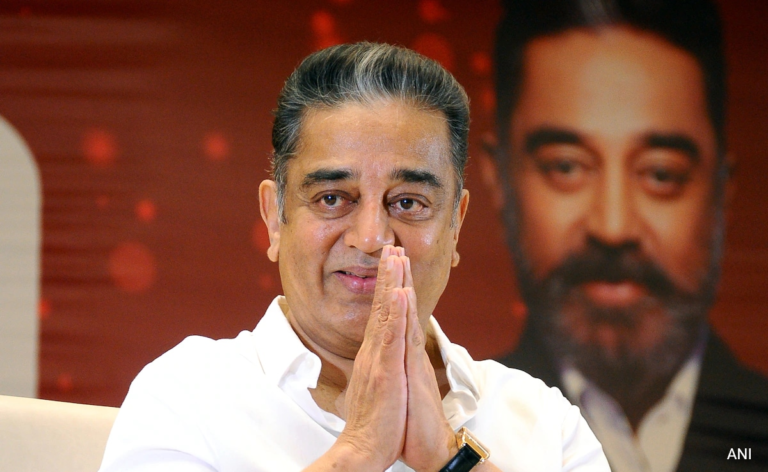The appointment of B Y Vijayendra, son of former chief minister (CM) B S Yediyurappa (BSY), as the president of the Bharatiya Janata Party’s Karnataka unit is significant for multiple reasons. Coming on the back of the party’s loss in the recent assembly elections, it points to a possible course correction in the party’s plans. The BJP had sidelined BSY, the first BJP CM in a south Indian state, ahead of the elections by removing him as CM. The decision reportedly caused heartburn among his followers, particularly among the dominant Lingayat community, and alienated them from the BJP. BSY has been the most dominant BJP leader in Karnataka since its inception. His influence became evident when he rebelled against the BJP in 2012, floated his party (Karnataka Janata Paksha), and bagged 10% votes in the 2013 assembly elections: The BJP’s vote share fell from 34% in 2008 to 20% in that election. It is expected that the rehabilitation of BSY may help the party to consolidate the Lingayat vote in its favour.

The appointment of Vijayendra needs to be seen also in the context of the BJP tying up with the Janata Dal (Secular) headed by former prime minister Deve Gowda. The JD(S), once a pan-state outfit with a secular vote base, has now been reduced to a sub-regional outfit with influence limited mostly among Vokkaligas, a dominant peasant caste in southern Karnataka. In the recent assembly elections, the JD(S)’s vote share declined to 13.2% from 18.3% (in 2018). The fall in the vote was attributed to Muslims switching their support to the Congress. Incidentally, the Congress vote in 2023 went up to 42% from 38% in 2018 while the BJP’s share stayed around 36%. Arithmetic may suggest that a BJP-JD(S) combine will trump the Congress by a mile.
But politics is not merely arithmetic. And any perception of two dominant communities aligning for power can trigger a backlash: The AHINDA combination of backwards, SCs and Muslims built by Congress CM Devaraj Urs in the 1970s was a coming together of the underprivileged. The BJP’s course correction, then, has to look beyond personalities, and caste coalition, and reflect on the tone and tenor of its recent political discourse. BSY cultivated a communitarian politics that built on a politics of patronage of mathas of various sects — mathas are not just religious centres but economic entities engaged in the distribution of resources as well. The post-BSY leadership privileged a hard Hindutva line that polarised the state so much that it has nearly become a bipolar polity, with faith emerging as a new fault line. Karnataka was not comfortable with that politics. The vote for Vijayendra may well be recognition of that.
 Subscribe today by clicking the link and stay updated with the latest news!” Click here!
Subscribe today by clicking the link and stay updated with the latest news!” Click here!Continue reading with HT Premium Subscription
Daily E Paper I Premium Articles I Brunch E Magazine I Daily Infographics








